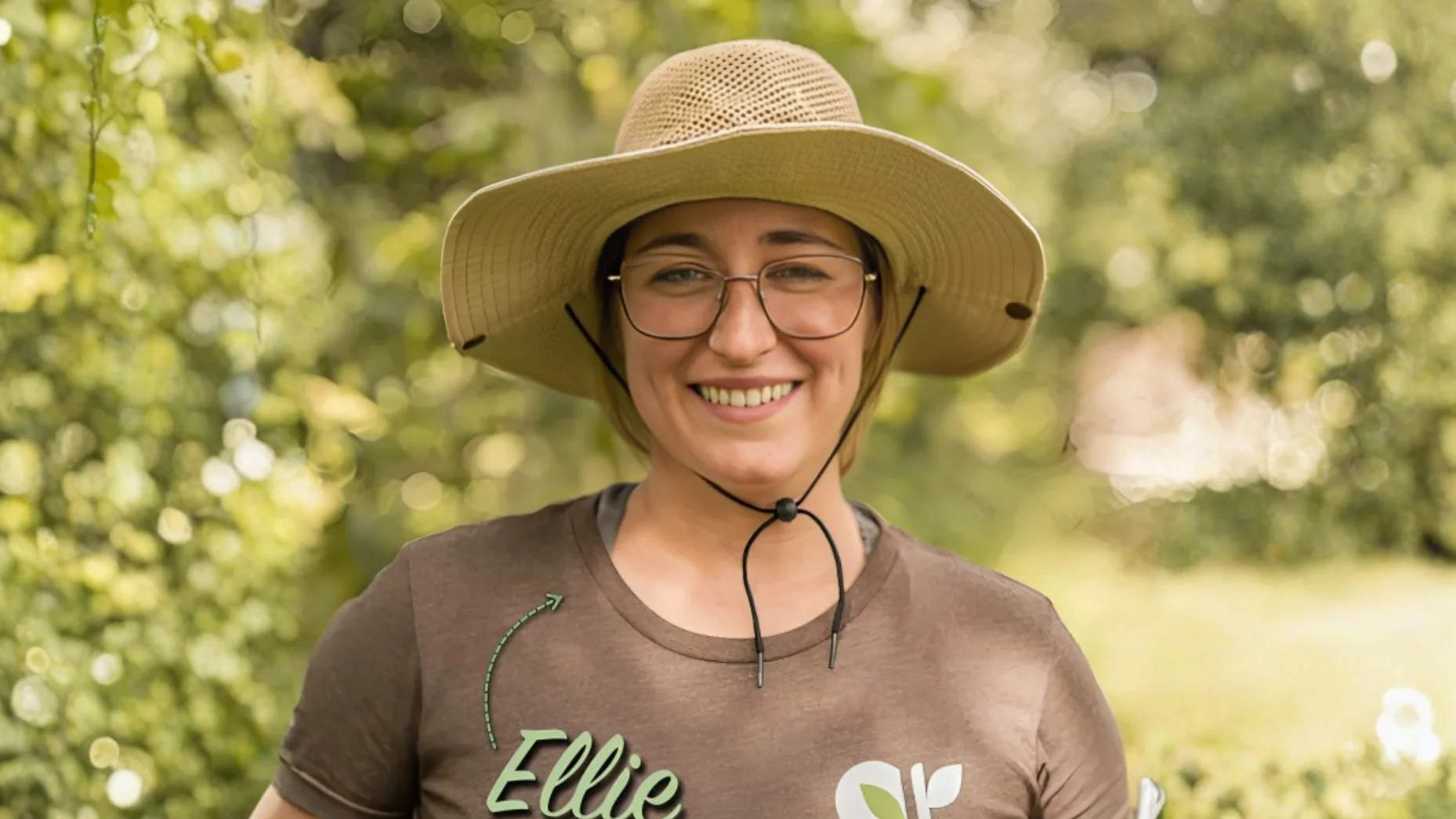Composting is accessible for people in various living situations, whether they have outdoor space or not. For those with yards, an outdoor compost bin can be set up independently. People without yard access can use drop-off locations or a composting service that collects compostable materials.
To begin, individuals should collect food scraps while preparing meals and store them in a covered container until they are ready to transfer the waste outdoors. These scraps should be moved weekly to either an outdoor compost pile or a curbside/drop-off location.
For yard composting, it is necessary to buy or build a compost garbage can and fill it with both “browns” such as leaves and twigs, and “greens” like kitchen scraps and grass clippings. Meats, oils, and bones should not be included to avoid attracting pests. Covering food scraps with leaves or grass clippings and keeping the container closed helps maintain cleanliness.
Moisture is important for the decomposition process; water should be added as needed. Compost becomes usable when the material at the bottom of the pile turns rich and dark—a process that may take from two months to two years.
It is recommended to cover new food scraps with three times as many browns collected previously. Turning over a full bin helps reintroduce air into the mixture, which supports microbial activity essential for decomposition. Bugs or odors may occur when turning the compost but usually dissipate with sunlight and fresh air. If strong smells persist along with excess liquid, adding more browns can help balance moisture levels.
A small amount of steam coming from the pile in the morning indicates healthy microbial activity inside the compost heap.
Before using finished compost in gardens, it should be at least six months old and cool to touch. When ready, mixing it into garden soil can support plant growth.
Items suitable for composting include fruits, vegetables, nuts, cereals, rice, flowers (with some items marked as safe for backyard piles), coffee grounds and filters, uncoated paper products like napkins or towels, leaves, wood chips, dried grass clippings, shredded paper, paper egg cartons, cardboard tubes and pizza boxes (broken down), certified compostable containers (such as take-out containers), eggshells*, fats/oils/cooking fats*, meat/bones*, milk/yogurt* (*items marked are generally safe for backyard bins).
Materials that cannot be composted include garbage bags/diapers/duroport/pet waste/snack bags/cigarette butts/candy wrappers/clothing/biodegradable plastics/take-out coffee cups.

 Alerts Sign-up
Alerts Sign-up